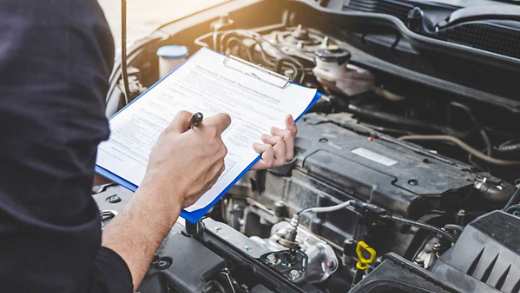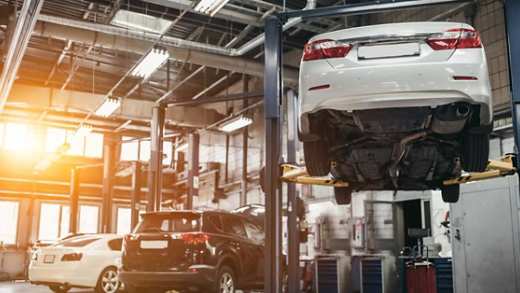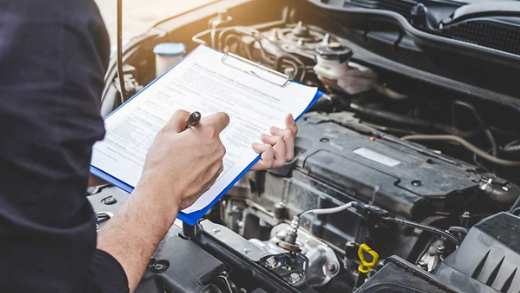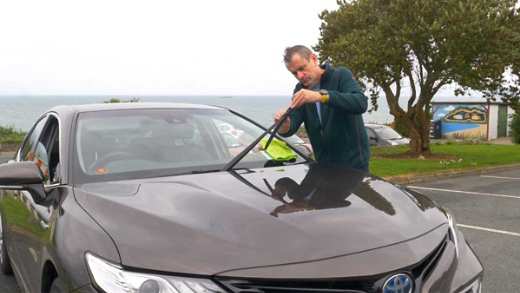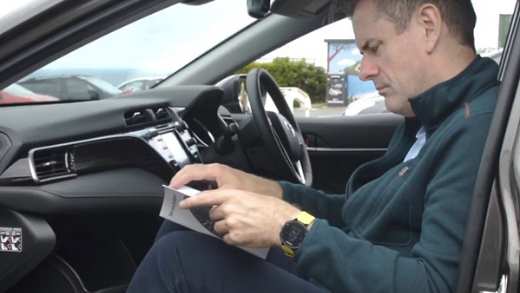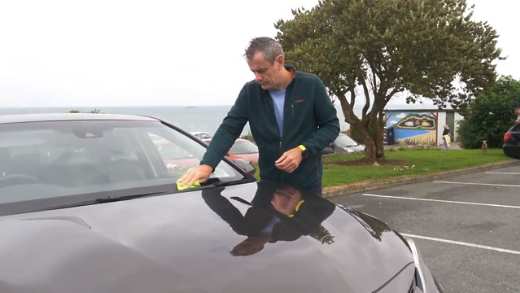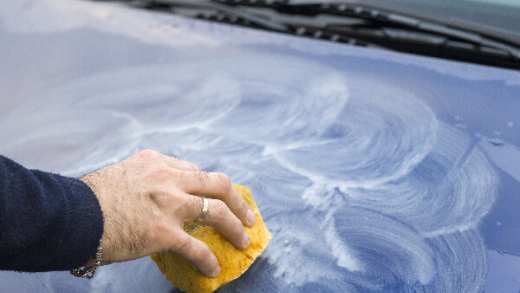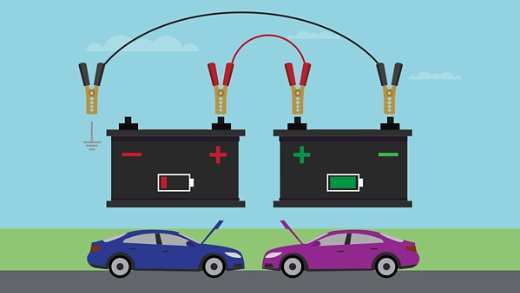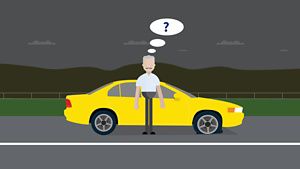During Covid 19 we learnt all about what happens to cars when left idle for long periods of time. Without being used regularly, car batteries can lose charge meaning they may not have enough power to start the engine – this is likely to be the case if your journeys are especially short. This is also more likely to be the case with cars with older, weaker batteries, but even newer batteries can fail if they haven’t been used for long periods.

Battery failure is one of the most common causes of car breakdowns, so it’s important to look after yours to avoid problems at a later stage. How you maintain your car battery will depend on how often you’re driving —whether you’re using your car to make a weekly trip to the local supermarket, or if you’re not using it very often, these are our tips to help maintain your car battery.
Simple ways to avoid a dead car battery
Make sure to switch everything off
At the end of a journey ensure the lights, wipers and heater are all switched off. This prevents any unnecessary drain on the battery the next time you start up.
Avoid using heaters
Heated screens and heated seats for longer than you have to. Some satnav, in-car DVD players and iPods can also drain the battery if left connected so be sure to turn all of these off too.
Always double check your interior lights
Check that there are no interior lights, including your boot lights, left on when getting out of the car.
Give your car battery a break when parked up
When parked up with the engine off, do not leave the ignition with the heater or demisters on because this will flatten the battery.
If you are concerned about the condition of your battery, consider using a ‘trickle’ charger or battery conditioner. This is the most effective way to keep your battery healthy for long periods with little or no use. It will also keep immobilisers and other energy-sapping components from draining your battery completely. If you can’t use a trickle charger the best advice is to rely on your essential journeys to keep your battery healthy. Simply starting your car occasionally and leaving it running for only a few minutes is unlikely to help, in fact this may end up draining a weak battery altogether. Driving your car for 15-20 minutes would, in most cases, be sufficient to top up the battery charge. For more take a look at our information piece on using your car during Covid-19.
Don’t forget to check your tyres
Always check your car tyres before driving long distances, for more on maintaining your car tyres follow our tyre safety guide.
How To tackle the most common car battery issues
Why won’t my battery start my car?
Your car's battery might be old and no longer holding its charge. Your car has only been used occasionally for very short trips, so your battery hasn’t had a chance to charge
Your battery has been drained. This can happen because accessories, such as dash cams, have been left plugged in or maybe while washing your car you’ve had the radio and interior lights on. While these draw some charge from a battery, the important thing to remember is that any extra drain reduces the chances of your battery starting your car when you need it to. Always disconnect everything you can if it’s not going to be driven for a long period and for the time being, it might be best to unplug your accessories.
Using a trickle charger or battery conditioner
To reduce the chances of your battery failing you, especially if you don’t drive very often, you should consider using a ‘trickle’ charger or battery conditioner. This is the most effective way keep your battery healthy for long periods with little or no use. It’ll also keep immobilisers and other energy-sapping components from draining your battery completely.
Stop-starting your car may do more harm than good
If you can’t use a trickle charger the best advice is to rely on your essential journeys to keep your battery healthy. Simply starting your car occasionally and leaving it running for only a few minutes is unlikely to help, in fact this may end up draining a weak battery altogether. Driving your car for 15-20 minutes would, in most cases, be sufficient to top up the battery charge. If you’ve two cars at home, you may want to consider alternating your essential trips between them.
Electric vehicles (EV) and plug-in hybrids (PHEV)
If you have an electric car (EV) or plug-in hybrid (PHEV), they still rely on a 12-volt auxiliary battery to power systems which means they can go flat just like a regular car when unused for a period of time. The best way of maintaining the health of your EV’s 12v battery will vary from manufacturer to manufacturer but may include putting the vehicle in ‘ready mode’ for a certain period of time every few weeks to recharge it. Check your car’s manual to find out what’s recommended. The main high voltage battery should not be left on charge permanently. It’s generally recommended these should be maintained at around 50% charge but not allowed to drop below 30% if the car is not in regular use.
Do I need a new battery?
If your battery’s reached the end of its life and you need to buy a new one, always make sure you choose one that meets or exceeds the specification for your car. One of the tests carried out by manufacturers is to ensure batteries have enough storage capacity to be able to start a car which hasn’t been used for a number of weeks. But it’s important to note this test doesn’t take account of extra plugged in devices, like a dash cam, that might drain a battery and affect its ability to start a car.
My battery is flat, and my car won’t start
Read our ten steps on how to jump start your car. If jump-starting isn’t an option for you, and you’re insured with Aviva you have free Breakdown Assistance! Depending on your car, we may even be able to replace the battery for you with a new one at our retail cost.
While you take care of the big things in life, we’ll take care of your car. Buy car insurance online, and get 15% off.1 Get your quote today.


